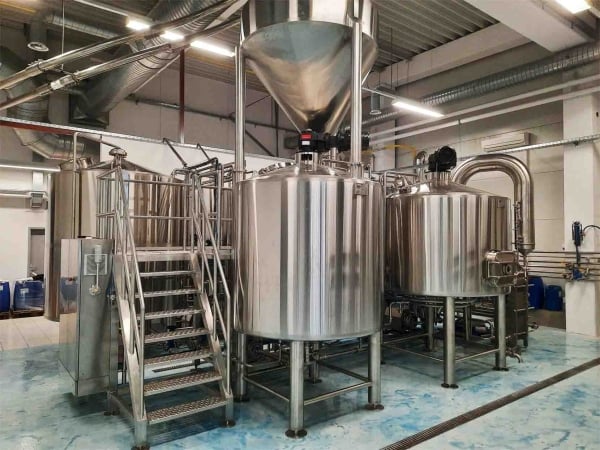Stainless Beer Fermenters: Benefits, Features, and How to Choose
Overview of Stainless Beer Fermenters
If you’ve ever dreamed of brewing your own beer or if you’re already deep into the craft brewing world, you’ve probably heard about stainless beer fermenters. These shiny, robust vessels are the unsung heroes of the beer-making process. But why do they dominate the brewing industry? What makes them so indispensable?
In this guide, we’ll dive deep into stainless beer fermenters. From their importance and advantages to how they compare with other materials, we’ll cover everything. We’ll even help you choose the right one, maintain it properly, and explore the best brands or suppliers in the market. Ready? Let’s tap into it!
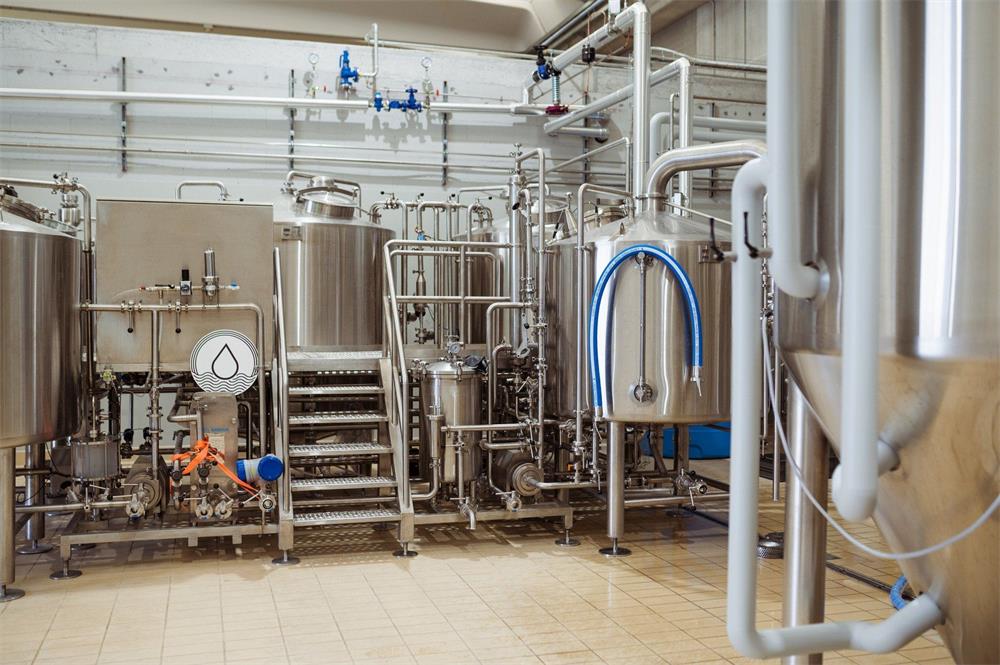
The Importance of Stainless Beer Fermenters
Why does everyone rave about stainless beer fermenters? Well, let’s start with their role in brewing. The fermenter is where the magic happens—where yeast converts sugars into alcohol and carbon dioxide, giving beer its signature flavor and fizz. A high-quality fermenter ensures this process runs smoothly without contamination or off-flavors.
Stainless steel, in particular, is a game-changer. Its non-porous surface resists bacterial growth, ensuring your brew stays clean and pure. It’s durable, easy to clean, and doesn’t react with acidic ingredients. Imagine trying to brew in a material that rusts or absorbs flavors—disaster, right? Stainless steel guarantees consistency, making it the gold standard for professionals and hobbyists alike.
The Main Advantages of Stainless Beer Fermenters
So, what sets stainless steel fermenters apart? Let’s break it down:
1. Durability and Longevity
Stainless steel is tough. It can handle bumps, scrapes, and even years of heavy use without losing its integrity. Unlike glass or plastic, it won’t crack, warp, or degrade over time.
2. Hygiene and Cleanliness
Its smooth, non-porous surface makes cleaning a breeze. Plus, it’s resistant to bacteria, mold, and other unwanted microbes. A quick clean between batches is all it takes to keep things sanitary.
3. Temperature Control
Many stainless fermenters come with built-in temperature controls or the ability to connect to cooling systems. This precision is vital for brewing high-quality beer, especially styles that require specific fermentation conditions.
4. Chemical Resistance
Beer can be acidic, and cleaning agents can be harsh. Stainless steel handles both with ease, unlike other materials that may corrode or degrade.
5. Professional Aesthetic
Let’s be honest—stainless steel just looks cool. It gives your brewing setup a professional, polished vibe that’s hard to beat.
Classification and Functions of Stainless Beer Fermenters
Not all stainless beer fermenters are created equal. They come in various types, each designed for specific brewing needs. Let’s classify them:
1. Conical Fermenters
These are the stars of the brewing world. Their cone-shaped bottoms allow easy removal of yeast and trub (sediment) without disturbing the beer. Perfect for pros and serious hobbyists.
2. Cylindrical Fermenters
Straight-sided fermenters are simpler but still effective. They’re great for primary fermentation and are often more affordable.
3. Unitanks
These versatile fermenters double as fermenters and conditioning tanks. They save space and streamline the brewing process.
4. Pressure-Capable Fermenters
Want to carbonate your beer during fermentation? Pressure-capable fermenters are designed to handle it, giving you better control over carbonation levels.
5. Mini Fermenters
Perfect for small-batch brewers, these compact options deliver the same quality in a smaller package.
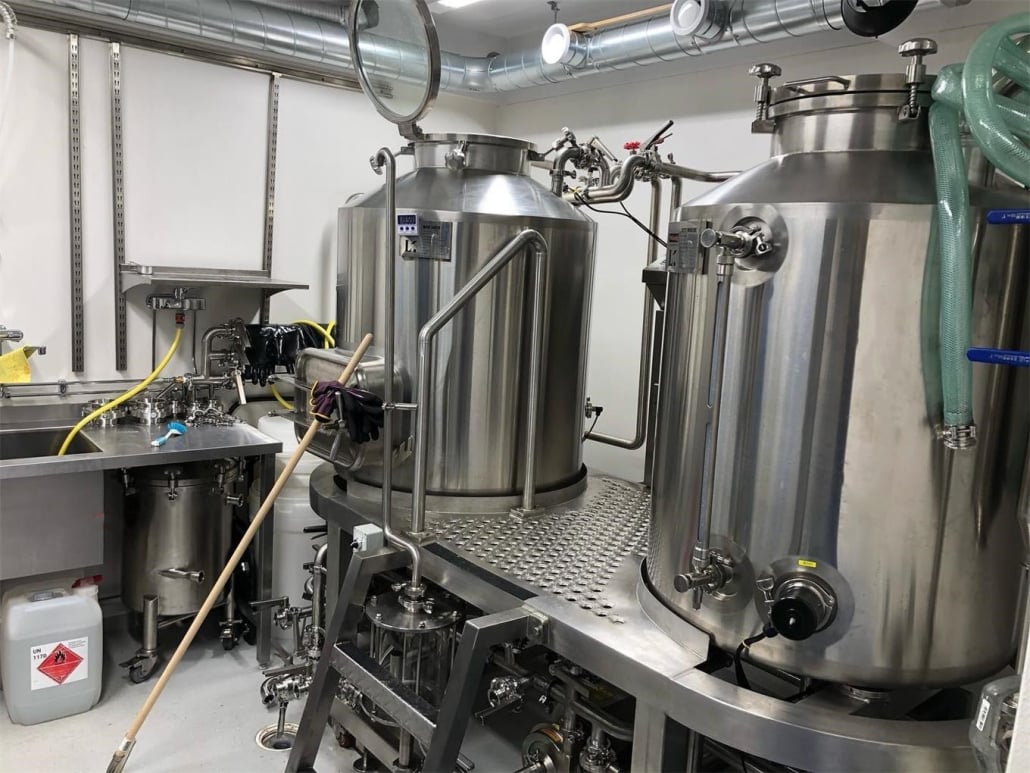
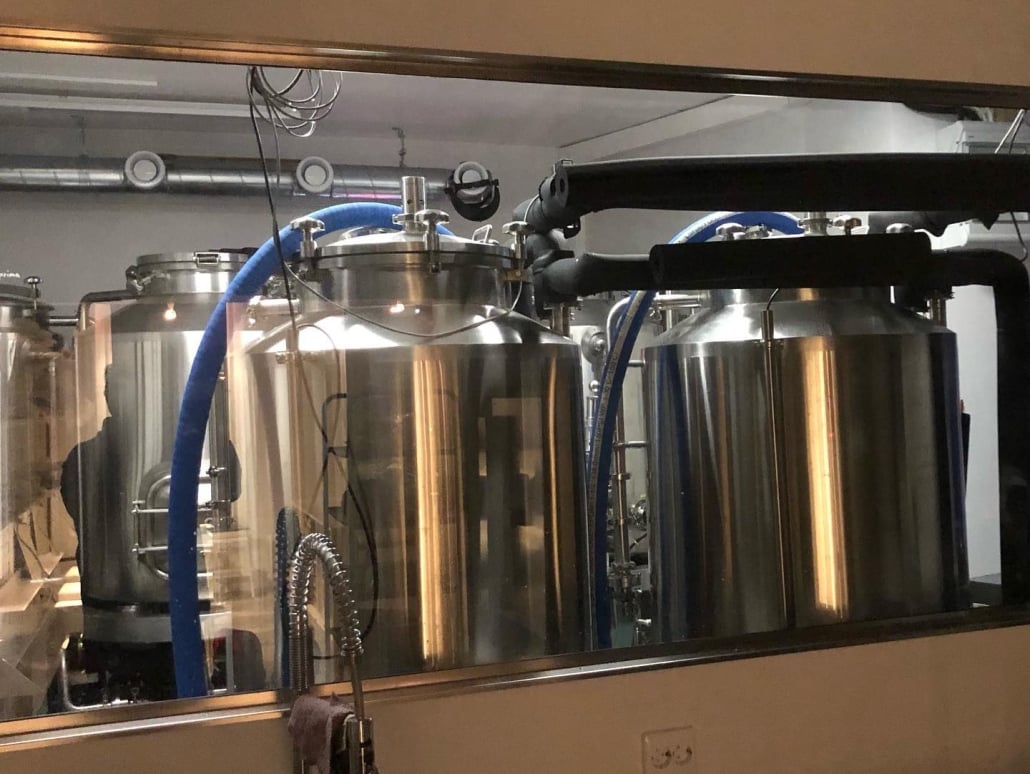
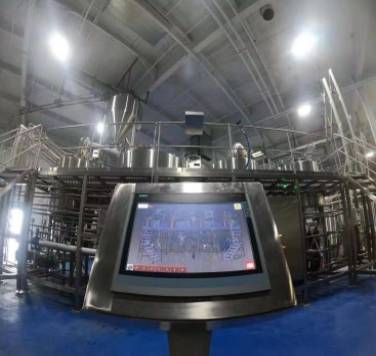
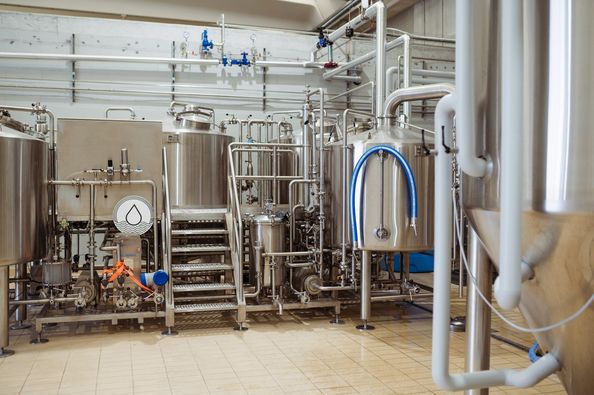
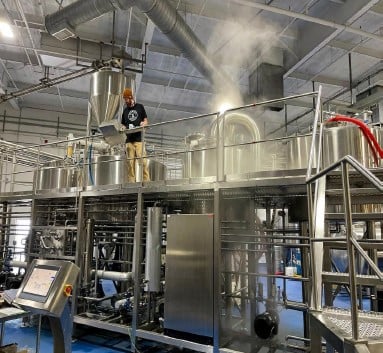

How to Choose a Suitable Stainless Beer Fermenter
Choosing the right fermenter can feel overwhelming, but it doesn’t have to be. Here’s a table to guide you through the key factors:
| Factor | Details |
|---|---|
| Batch Size | Determine how much beer you want to brew per batch. Fermenters range from 1 gallon to 20+ gallons. |
| Type of Beer | Some beer styles require specific fermentation conditions (e.g., lagers need temperature control). |
| Space Availability | Measure your brewing area to ensure the fermenter fits comfortably. |
| Features Needed | Consider extras like built-in thermometers, pressure valves, or sampling ports. |
| Budget | Set a budget, but remember that quality stainless steel is an investment. |
| Ease of Cleaning | Look for fermenters with wide openings or CIP (clean-in-place) systems for easy maintenance. |
Comparison Between Stainless Beer Fermenters and Other Materials
When it comes to fermenters, stainless steel isn’t the only option. Let’s compare it to glass and plastic to see why it reigns supreme.
Stainless Steel vs. Glass
- Durability: Stainless steel wins. Glass is fragile and prone to breaking.
- Weight: Stainless steel is lighter than you’d expect for its size, whereas glass is heavy and cumbersome.
- Maintenance: Stainless is easier to clean and doesn’t risk scratching like glass.
Stainless Steel vs. Plastic
- Longevity: Plastic degrades over time; stainless lasts for decades.
- Flavor Preservation: Plastic can absorb flavors and odors. Stainless steel keeps your beer pure.
- Temperature Tolerance: Stainless steel handles high and low temperatures better than plastic.
How to Maintain a Stainless Beer Fermenter
A well-maintained fermenter is a brewer’s best friend. Here’s how to keep yours in top shape:
- Clean After Every Use Use a mild, non-abrasive cleaner and warm water. Avoid harsh chemicals that can damage the surface.
- Sanitize Before Use Always sanitize before starting a new batch to prevent contamination.
- Inspect Regularly Check for scratches, dents, or any signs of wear that could harbor bacteria.
- Lubricate Moving Parts If your fermenter has valves or seals, keep them lubricated to ensure smooth operation.
- Store Properly Keep your fermenter in a dry, cool place to prevent moisture buildup or damage.
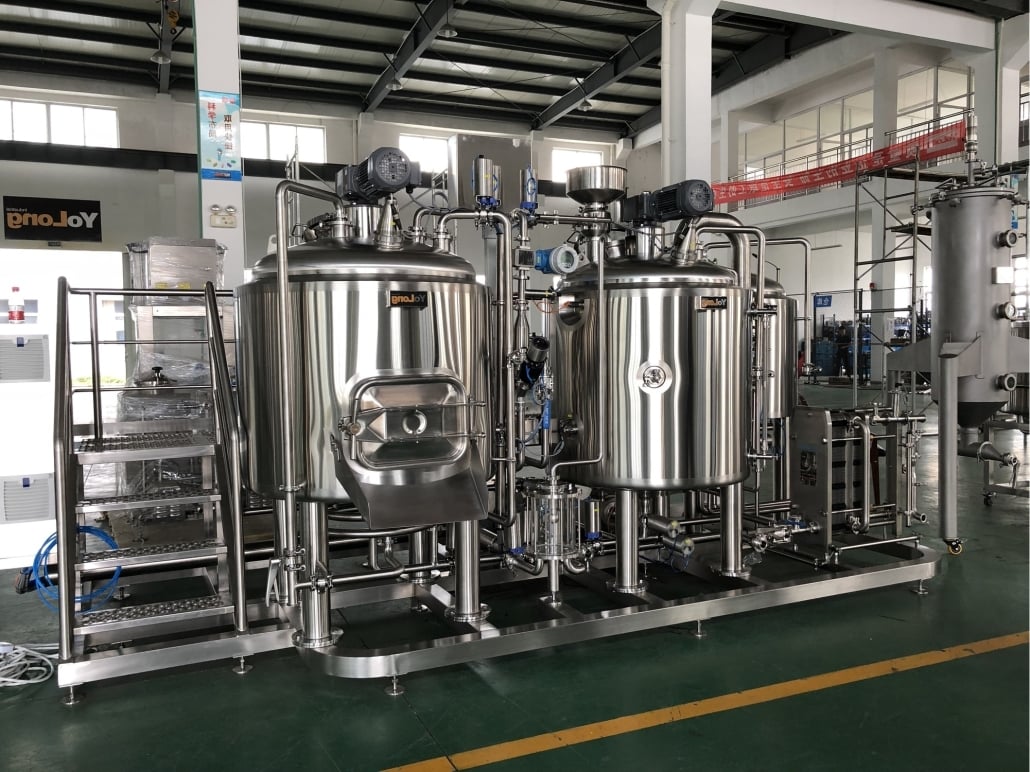
Recommended Brands or Suppliers of Stainless Beer Fermenters
Looking for the best stainless beer fermenters? Here are some top brands to consider:
- SS Brewtech: Known for professional-grade fermenters with innovative features.
- Spike Brewing: Offers high-quality, customizable fermenters for home and commercial use.
- Blichmann Engineering: A trusted name with a wide range of durable, feature-packed options.
- Anvil Brewing Equipment: Great for hobbyists seeking affordable, reliable fermenters.
FAQ
| Question | Answer |
|---|---|
| Why choose stainless steel over other materials? | Stainless steel is durable, easy to clean, and doesn’t react with acidic ingredients. |
| Can I use a stainless beer fermenter for other beverages? | Absolutely! They’re great for cider, mead, kombucha, and more. |
| How do I clean a stainless beer fermenter? | Use a mild cleaner, warm water, and a soft cloth or sponge. Avoid abrasive scrubbing pads. |
| Are stainless fermenters worth the cost? | Yes! Their longevity and performance make them a worthwhile investment. |
| Do stainless fermenters come in different sizes? | Yes, they range from small homebrew sizes to large commercial options. |
Additional FAQs About Stainless Beer Fermenters
1) 304 vs 316 stainless: which should I choose?
- 304 is sufficient for most beers. Choose 316 for sour/mixed-fermentation, saline water, or aggressive CIP regimes due to better pitting/corrosion resistance.
2) What pressure rating is recommended for a home or micro setup?
- Aim for >1 bar (15 psi) working pressure if you plan to spund, naturally carbonate, or do closed transfers. Always include a pressure relief valve (PRV) and vacuum breaker.
3) What interior finish improves cleanability and hygiene?
- Specify an internal surface roughness Ra ≤0.8 μm with fully passivated welds. Electropolish improves CIP efficiency but adds cost.
4) How big should my glycol chiller be per active fermenter?
- For typical ales, plan ~0.25–0.45 refrigeration tons per actively fermenting 3–10 bbl FV (gravity and ambient dependent). Add 15% headroom for peak loads.
5) How often should I passivate a stainless fermenter?
- New tanks: passivate after initial alkaline wash. In production: re‑passivate every 6–12 months or after weld repairs/abrasion to restore chromium oxide layer.
2025 Industry Trends for Stainless Beer Fermenters
- Pressure-capable unitanks as baseline: 1–2 bar ratings enable spunding and closed transfers to reduce oxygen pickup and CO2 purchases.
- Hygiene by design: Tighter finishes (Ra 0.5–0.8 μm), aseptic sample valves, forward-sealing fittings, and documented CIP validation.
- Utility efficiency: Better tank insulation, VFD-controlled glycol pumps, and heat integration lower energy 8–20%.
- Data-ready tanks: Ports for pH/DO/temp probes and Wi‑Fi loggers for traceability and SOP adherence.
- Sustainability focus: CO2 reuse via spunding, water reuse in CIP/rinses, and chemical dosing control reduce OPEX and environmental footprint.
2025 Benchmarks and Cost Snapshot (Stainless Beer Fermenters)
| Metric | 2023 Avg | 2024 Avg | 2025 YTD | Notes/Sources |
|---|---|---|---|---|
| 7–10 bbl unitank (new, pressure-rated) | $12k–$22k | $11k–$21k | $10.5k–$20k | Price varies with ports/finish/pressure |
| Interior finish (Ra, μm) | 0.8–1.2 | 0.6–0.9 | 0.5–0.8 | Hygiene trend tightening |
| Typical working pressure (bar) | 1.0–2.0 | 1.0–2.0 | 1.0–2.0 | PRV + vacuum relief standard |
| DO after closed transfer (ppb) | 60–100 | 40–80 | 30–60 | With inerting + P2P transfers |
| Water use (hl water/hl beer, cellar ops) | 5.5–7.5 | 5.0–6.8 | 4.6–6.2 | With CIP reuse/optimized rinses |
Reference hubs:
- Brewers Association (quality, cellar): https://www.brewersassociation.org/
- Master Brewers Association Technical Quarterly (CIP/oxygen): https://www.mbaa.com/publications/tq/Pages/default.aspx
- DOE Better Buildings (efficiency): https://betterbuildingssolutioncenter.energy.gov/
Latest Research Cases
Case Study 1: DO Control Upgrade on Stainless Unitanks Improves Shelf Life (2025)
Background: A microbrewery reported hop fade and papery notes in packaged IPA after 45–60 days.
Solution: Switched to pressure-rated stainless unitanks with aseptic sample valves, added inline DO meters, spunding at 10–12 psi, and pressure-to-pressure transfers; validated CIP spray coverage and re‑passivated tanks.
Results: Transfer DO reduced to 30–55 ppb; returns fell 18%; 90‑day sensory showed improved aroma retention. References: BA oxygen management; MBAA TQ on closed processing and CIP validation.
Case Study 2: Energy and Water Savings via Tank Insulation and CIP Reuse (2024)
Background: Rising utilities and chemical spend across six stainless fermenters (10 bbl each).
Solution: Upgraded tank/line insulation, installed VFD glycol pump, implemented conductivity‑controlled caustic with rinse water recovery, and scheduled heat integration (wort‑to‑HLT).
Results: Energy −12%; water-to-beer improved from 6.3 to 5.0 hl/hl; caustic usage −14%; zero micro positives for 120 days. References: DOE Better Buildings playbooks; MBAA CIP optimization resources.
Expert Opinions
- Mary Pellettieri, Quality Consultant; author of “Quality Management for Breweries”
Viewpoint: “Prioritize hygienic design—aseptic valves, polished interiors, and validated CIP—when selecting Stainless Beer Fermenters. It pays back in flavor stability.” - Dr. Charlie Bamforth, Brewing Scientist
Viewpoint: “Pressure-capable stainless vessels coupled with oxygen control are foundational for consistent, shelf‑stable beer, especially hop‑forward styles.” - John Blichmann, Founder, Blichmann Engineering
Viewpoint: “Thoughtful port placement and reliable PRVs make stainless fermenters safer, faster to use, and easier to integrate with closed transfer workflows.”
Practical Tools and Resources
- Brewers Association: Cellar quality, oxygen management — https://www.brewersassociation.org/
- MBAA Technical Quarterly: CIP validation, stainless passivation — https://www.mbaa.com/publications/tq/Pages/default.aspx
- DOE Better Buildings: Energy/water efficiency strategies — https://betterbuildingssolutioncenter.energy.gov/
- ProBrewer Forums: Stainless Beer Fermenters vendor reviews and SOPs — https://www.probrewer.com/
- NIST tips on instrument calibration (pH/thermometry references) — https://www.nist.gov/
Last updated: 2025-09-28
Changelog: Added 5 focused FAQs; 2025 benchmark table and trends for Stainless Beer Fermenters; two recent case studies; expert viewpoints; curated tools/resources
Next review date & triggers: 2026-03-31 or earlier if fermenter pricing shifts >10%, BA/MBAA publish new oxygen/CIP guidance, or energy/water benchmarks materially change
Share this entry
Interested in learning more about Brewing Systems including additional details and pricing information? Please use the form below to contact us!
YOLONG BREWERY EQUIPMENT FAQS
- Commercial Brewery / Craft Brewery / Microbrewery / Nanobrewery
- What is The Difference Between Craft Beer and Industrial Beer?
- The Bespoke Differences In Custom Brewing Systems
- Everything You Need to Know About Kettle Souring
- How to Choose Brewing Equipment for Your business?
- How To Choose The-Best Partner To Build Your Commercial Microbrewing System?
- Two Detection Sensors That You Need To Use In Your Brewhouse System
- Remote Control Applications in Brewing Equipment/How does it work?
- How To Clean Your Brand New Brewery Tanks?

